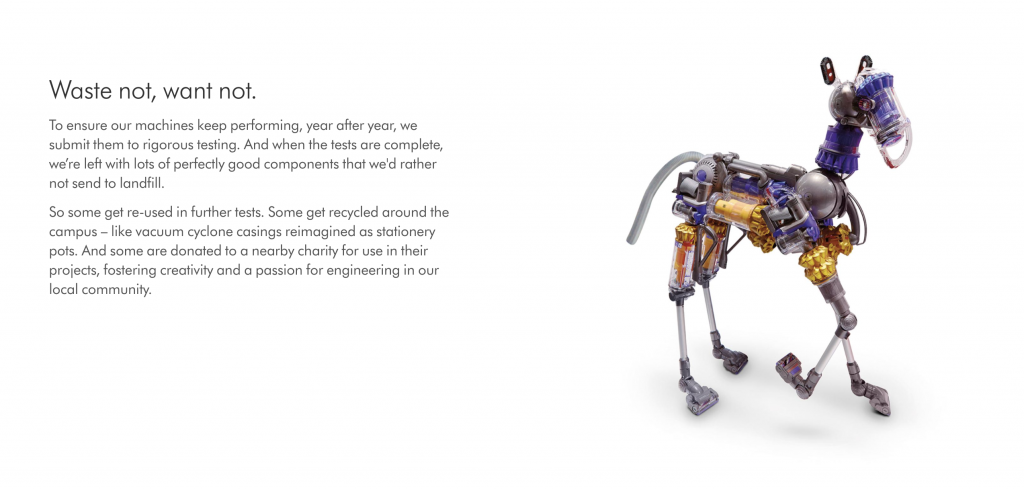blog»Business Strategy»Unpacking Dyson’s Marketing Genius: From Innovation to Icon.
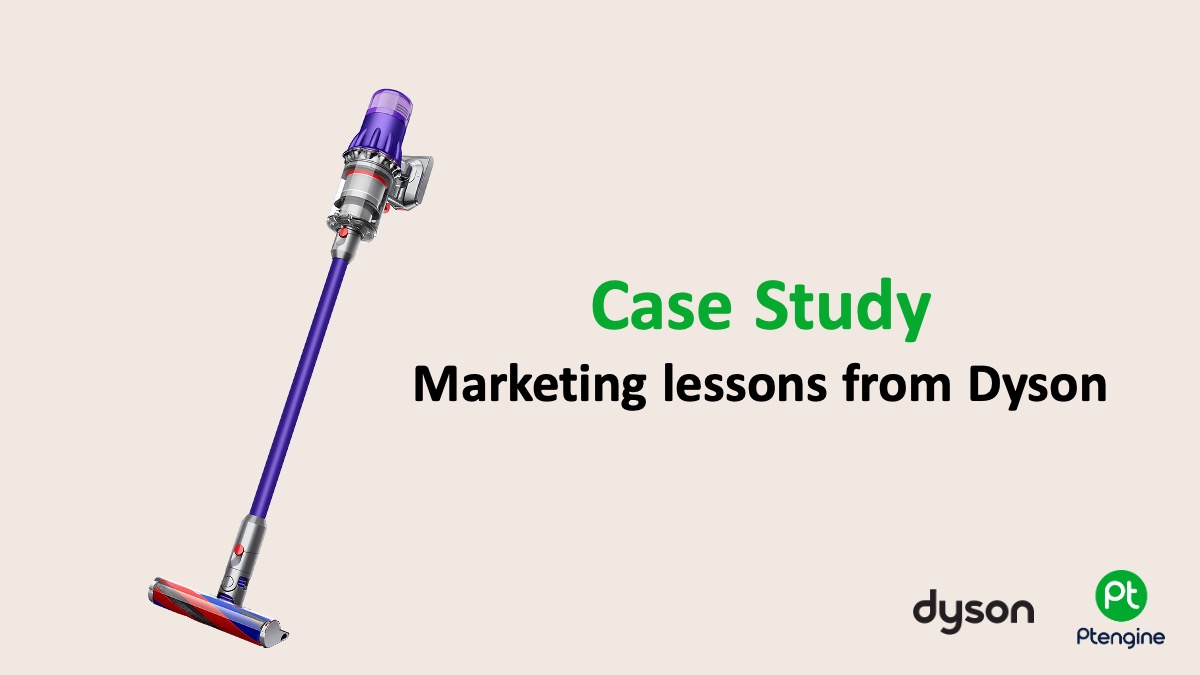
Unpacking Dyson’s Marketing Genius: From Innovation to Icon.
2024/08/08
You can read this article in about 32 minutes
Introduction
Dyson isn’t just a household name; it’s a brand that redefined what home appliances could be. From the first bagless vacuum cleaner to the sleek, bladeless fan, Dyson products stand out in a crowded market. But it’s not just their innovation that makes them successful. It’s how they market that innovation.
Dyson’s journey from a small startup to a global powerhouse is packed with lessons for e-commerce marketers. They didn’t just create better products; they created a story around those products, one that resonates with consumers worldwide. Dyson’s marketing strategy is as meticulous as their engineering. They know how to build anticipation, engage their audience, and justify premium pricing—all while maintaining a consistent brand message.
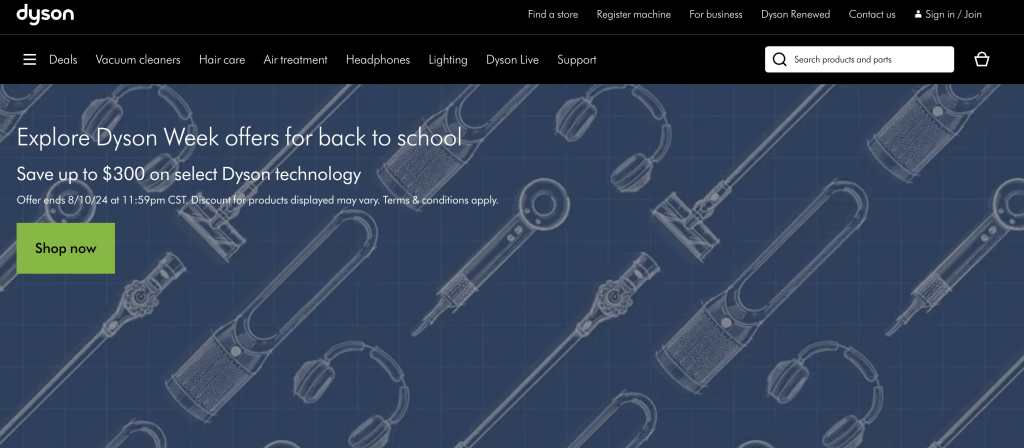
In this article, we’ll break down Dyson’s approach to marketing. We’ll explore how they use design and innovation to drive campaigns, build a loyal community, and dominate online. Whether you’re looking to enhance your own brand’s presence or simply understand what makes Dyson tick, there’s plenty to learn from their playbook. Let’s dive into what sets Dyson apart and how you can apply their strategies to your business.
Section 1: The Power of Product-Centric Marketing
Dyson has always let their products do the talking. From the start, they focused on what made their technology unique. Instead of just selling vacuums, they sold the idea of never losing suction power again. This shift in focus—from features to benefits—became a cornerstone of their marketing.
When Dyson launched their first bagless vacuum, they didn’t rely on flashy ads or discounts. They focused on showing why their product was different and better. Demonstrations played a big role in this. Dyson’s commercials often featured clear, simple visuals that highlighted the vacuum’s technology. This approach made it easy for consumers to see the value.
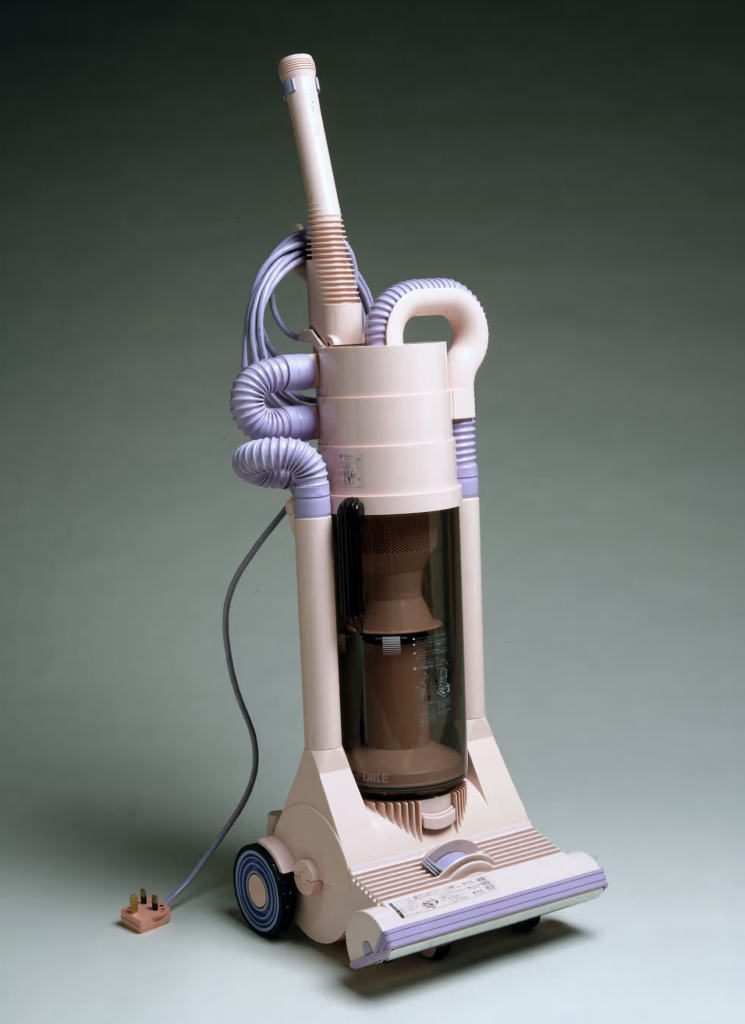
They also invested heavily in storytelling. Each product release wasn’t just about what was new, but why it mattered. For example, the Dyson Supersonic hair dryer wasn’t just another hair dryer. It was a product that could dry hair faster, with less heat damage. Dyson communicated this with high-quality videos, influencer partnerships, and detailed product pages that educated consumers.
This product-first marketing strategy helped Dyson stand out. They didn’t just push products—they built narratives around them. This approach not only justified their premium prices but also built trust with their audience. By focusing on what makes their products better, Dyson created a brand that consumers could believe in.
Section 2: Premium Branding Without Apology
Dyson isn’t shy about its pricing. They’ve positioned themselves as a premium brand from day one, and they’ve stuck to it. This wasn’t by accident—it was a deliberate strategy that set them apart in a market where many companies compete on price.
The key to Dyson’s success here is simple: they never compromise on quality. Every Dyson product comes with a promise of cutting-edge technology and exceptional design. But it’s not just the product itself that justifies the price. Dyson ensures that every interaction a customer has with the brand feels premium.
Their marketing reflects this. Instead of offering discounts or sales, Dyson focuses on the value their products provide. They highlight how their technology solves real problems—like how their vacuum cleaners maintain suction or how their air purifiers can improve indoor air quality. This approach appeals to consumers who are willing to pay more for something that genuinely works better.
Dyson also uses exclusivity as a tool. Limited editions, special collaborations, and high-end retail partnerships add to the brand’s allure. They’ve mastered the art of making their products desirable—not just because they work well, but because owning a Dyson feels like owning something special.
Their online presence is no different. Dyson’s website is sleek, informative, and easy to navigate. Product pages are detailed, filled with high-quality images, videos, and customer testimonials. Everything about their online experience reinforces the idea that Dyson products are worth the investment.
By maintaining a consistent premium brand image, Dyson has managed to create a strong identity that resonates with their target audience. They’ve shown that when you deliver on your promises, customers are more than willing to pay for the best. This commitment to premium branding has allowed Dyson to build a loyal customer base that values quality over cost.
Section 3: Digital Marketing Mastery
Dyson’s digital marketing strategy is just as innovative as their products. They’ve mastered the art of using online channels to reach and engage their audience effectively. From targeted ads to social media, Dyson knows how to make the most of digital tools to drive sales and build brand loyalty.
One of their key strengths is precision targeting. Dyson uses data to understand their audience and tailor their ads accordingly. Whether it’s on Google, Facebook, or Instagram, their ads are highly targeted, often focusing on specific problems their products solve. This ensures that they’re reaching the right people with the right message at the right time.
Social media plays a huge role in Dyson’s strategy. They use platforms like Instagram and YouTube to showcase their products in action. High-quality videos and images demonstrate the technology behind their products, making it easy for potential customers to see the value. Dyson also engages with their audience through comments and direct messages, building a community around their brand.
Content marketing is another area where Dyson excels. Their website isn’t just a place to buy products; it’s a resource for learning. Detailed product pages, how-to guides, and blogs help educate consumers about the benefits of Dyson’s technology. This not only helps with SEO but also positions Dyson as an authority in their industry.
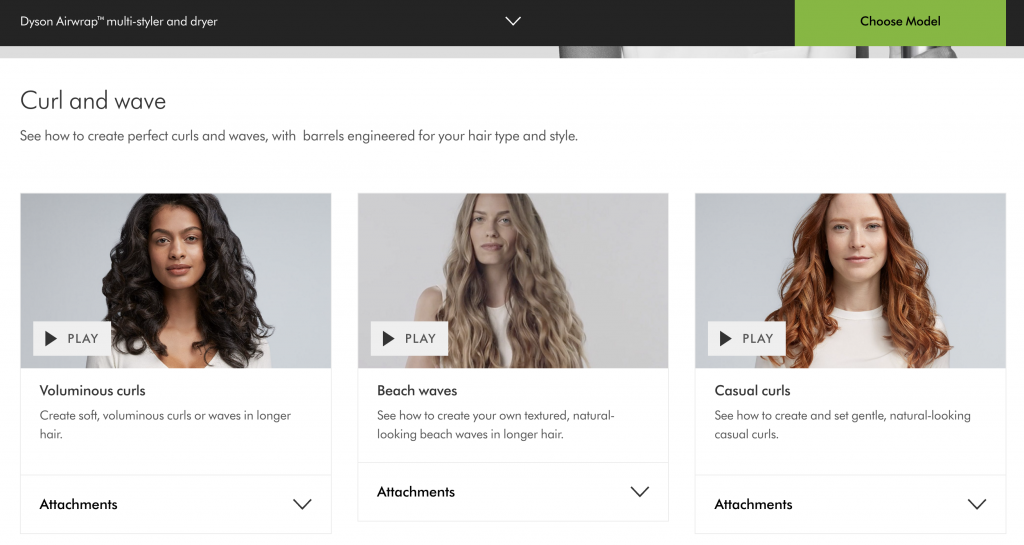
E-commerce is at the heart of Dyson’s digital strategy. They’ve built a seamless online shopping experience that makes it easy for customers to purchase directly from their website. They offer perks like free shipping, extended warranties, and financing options, all of which add value and encourage conversions. Dyson also uses email marketing to nurture leads and keep customers informed about new products and promotions.
Overall, Dyson’s digital marketing is about more than just driving sales. It’s about building a brand that people trust and want to engage with. By combining targeted ads, social media engagement, content marketing, and a strong e-commerce platform, Dyson has created a digital presence that not only attracts customers but keeps them coming back.
Section 4: Building a Loyal Community
Dyson doesn’t just sell products—they build a community around them. This has been a critical part of their strategy, helping to turn customers into brand advocates. Through consistent engagement and a focus on customer satisfaction, Dyson has cultivated a loyal following that’s as enthusiastic about the brand as they are about the products.
One of the ways Dyson fosters this loyalty is through exceptional customer service. From the moment a customer makes a purchase, Dyson ensures they feel supported. Whether it’s through easy-to-access online help, detailed user manuals, or responsive customer support teams, Dyson makes it clear that they’re there for their customers long after the sale.
Dyson also encourages customer feedback and uses it to improve their products. They actively listen to what users are saying, whether it’s through online reviews, social media, or direct feedback channels. This not only helps Dyson refine their offerings but also shows customers that their opinions matter, strengthening the bond between brand and consumer.
Another key aspect of Dyson’s community-building is their use of user-generated content. They often feature real customers like Helen Mirren using their products in their marketing materials, whether it’s showcasing a clean home thanks to a Dyson vacuum or a salon-perfect hairstyle achieved with a Dyson hairdryer. This not only provides authentic testimonials but also makes customers feel like they’re part of something bigger.

Dyson’s approach to loyalty doesn’t stop there. They’ve created an ecosystem that rewards repeat customers. For instance, Dyson offers exclusive deals, early access to new products, and extended warranties to returning customers. These perks not only encourage repeat purchases but also make customers feel valued.
Additionally, Dyson uses online communities and forums to engage directly with their customers. They provide spaces where users can share tips, ask questions, and connect with other Dyson owners. This not only fosters a sense of community but also enhances the customer experience by providing valuable resources and support.
In short, Dyson understands that building a loyal customer base goes beyond just selling products. It’s about creating an ongoing relationship with customers, listening to their needs, and making them feel like part of the Dyson family. This focus on community has been a significant factor in Dyson’s long-term success, turning satisfied customers into lifelong advocates.
Section 5: Leveraging Global Marketing and Localization
Dyson’s success isn’t confined to one market. They’ve effectively expanded their reach across the globe, adapting their marketing strategies to fit different regions while maintaining a consistent brand identity. This balance between global consistency and local relevance has been key to their international growth.
One of Dyson’s strengths is their ability to understand and adapt to local markets. They don’t just translate their content—they tailor their marketing campaigns to resonate with local audiences. For example, in regions with high air pollution, Dyson focuses heavily on promoting their air purifiers, highlighting the health benefits and technological advantages that are particularly relevant in those areas. This kind of targeted messaging ensures that Dyson’s products are seen as solutions to specific, local problems, making them more appealing to consumers in those markets.
Dyson also adapts its product offerings to meet regional demands. In some markets, they introduce products that cater specifically to local needs or preferences, such as certain vacuum models designed for homes with predominantly hard flooring or hair care products that cater to specific hair types. This kind of localization helps Dyson penetrate markets that might otherwise be difficult to crack with a one-size-fits-all approach.
Another aspect of Dyson’s global strategy is their use of regional influencers and partnerships. By collaborating with local celebrities, social media influencers, and even retailers, Dyson can tap into the trust and credibility these figures have with local audiences. This not only boosts brand visibility but also adds a layer of local authenticity to their global campaigns.
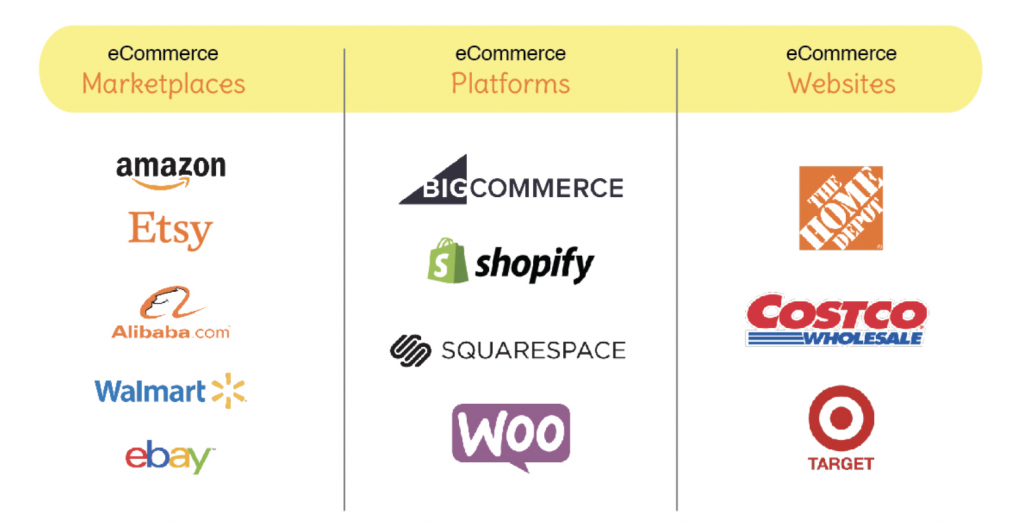
Dyson’s ability to maintain a consistent brand image while adapting to regional markets is also reflected in their online presence. Their website and social media channels are tailored for different languages and cultures, ensuring that the content is relevant and engaging no matter where the customer is located. This localized approach extends to customer service as well, with Dyson providing support that is culturally and linguistically appropriate for each region.
In addition, Dyson carefully manages their brand perception across different markets by ensuring that their core values—innovation, quality, and design—are communicated clearly, regardless of the location. This consistency reinforces the global brand while allowing for the flexibility needed to succeed in diverse markets.
Dyson’s global marketing strategy shows that successful international expansion requires more than just exporting a product. It involves understanding local markets, respecting cultural differences, and being willing to adapt while staying true to the brand’s core identity. This approach has allowed Dyson to grow into a globally recognized and respected brand, with a presence that feels both familiar and locally relevant to consumers around the world.
Section 6: Innovation in Advertising: Experiential and Interactive Campaigns
Dyson doesn’t just rely on traditional advertising; they’ve embraced experiential and interactive campaigns to engage their audience in new and memorable ways. These campaigns go beyond simply promoting a product—they create an experience that allows customers to connect with the brand on a deeper level.
One of Dyson’s most effective strategies has been the use of pop-up stores and experiential events. These temporary setups allow customers to interact with Dyson products firsthand. Whether it’s testing the powerful suction of a vacuum, feeling the airflow of a bladeless fan, or trying out the Supersonic hair dryer, these experiences are designed to let the products speak for themselves. By allowing potential customers to engage directly with their technology, Dyson turns passive interest into active excitement, which is far more likely to lead to a purchase.
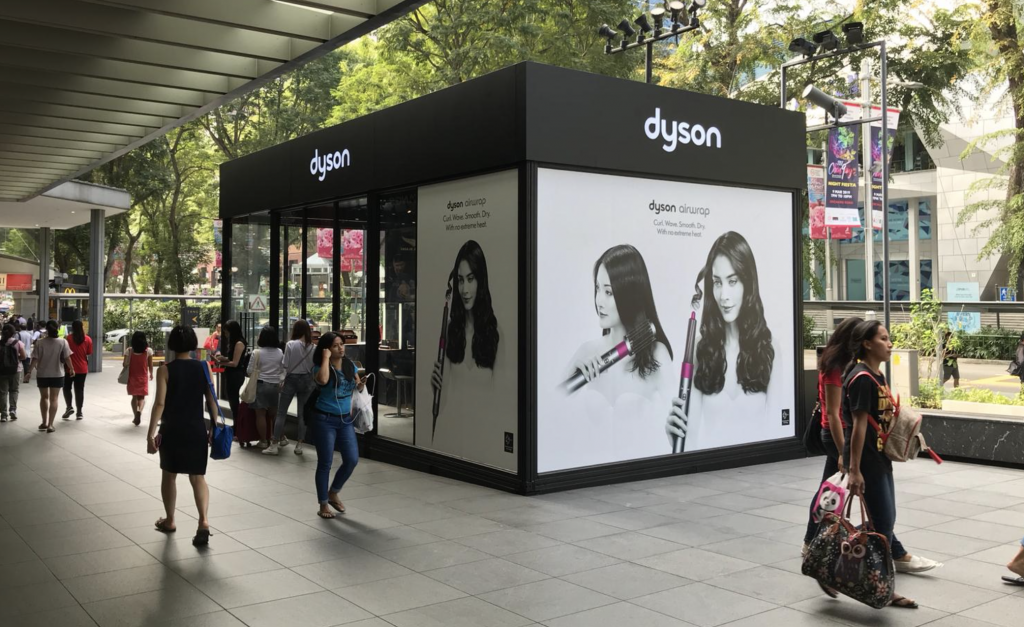
Dyson has also leveraged digital tools to create interactive experiences online. Virtual product demos, for example, allow customers to explore the features and benefits of Dyson products from the comfort of their homes. Augmented reality (AR) tools on their website let users visualize how a product would look and function in their own space, making the shopping experience more personal and informed.

Another innovative approach Dyson uses is storytelling through high-quality, visually compelling videos. These aren’t just your average product commercials; they’re mini-experiences that often focus on the science and engineering behind Dyson’s products. By demystifying the technology in a visually engaging way, Dyson not only educates its audience but also builds excitement and trust in the brand. This is particularly effective for products that rely on complex technology, as it helps consumers understand and appreciate the value of what they’re buying.
Dyson’s commitment to innovation extends to their partnerships and collaborations as well. They often work with creative agencies and tech companies to push the boundaries of what’s possible in advertising. For example, Dyson has collaborated on projects that combine physical products with digital elements, creating a seamless experience that blends the real and virtual worlds. These cutting-edge campaigns not only capture attention but also reinforce Dyson’s image as a forward-thinking, innovative brand.
Finally, Dyson uses data-driven insights to refine and optimize their advertising efforts continuously. They closely monitor how audiences interact with their campaigns—whether online or in person—and use that data to improve future marketing strategies. This iterative approach ensures that Dyson’s advertising remains effective and relevant, helping them stay ahead of the competition.
In summary, Dyson’s use of experiential and interactive campaigns shows how powerful it can be to engage customers beyond traditional advertising. By creating memorable experiences, both online and offline, Dyson not only captures attention but also builds a deeper connection with their audience, driving long-term brand loyalty and sales.
Section 7: Lessons from Dyson for Marketers
Dyson’s marketing strategies offer a wealth of lessons for e-commerce marketers looking to elevate their brand and drive success in a competitive marketplace. Here are some key takeaways:
- Lead with Innovation, But Market the Benefits
- Dyson’s success is rooted in innovation, but they don’t just sell technology—they sell the benefits that technology provides. E-commerce marketers can learn from this by focusing their messaging on how their products solve real problems or improve the customer’s life. It’s not enough to have a great product; you need to clearly communicate why it’s great.
- Don’t Be Afraid to Go Premium
- Dyson has proven that consumers are willing to pay more for quality and innovation. If your product is genuinely superior, don’t hesitate to position it as a premium offering. Use your marketing to emphasize the unique value and long-term benefits, rather than competing on price alone.
- Build a Consistent Brand Experience Across All Touchpoints
- Whether online or offline, Dyson ensures that their brand experience is seamless and consistent. E-commerce marketers should aim to create a unified brand presence, from website design and product pages to customer service and post-purchase communication. Consistency builds trust and reinforces brand identity.
- Engage Your Audience Through Experiential Marketing
- Dyson’s use of experiential and interactive campaigns shows the power of engaging customers beyond traditional advertising. Consider ways to create immersive experiences—whether through pop-ups, virtual demos, or interactive content—that allow customers to connect with your brand in a meaningful way.
- Leverage Data to Refine Your Strategy
- Dyson continuously optimizes their marketing efforts based on data and customer feedback. E-commerce marketers should take a similar approach, using analytics to track performance, understand customer behavior, and make informed decisions. This iterative process ensures that your marketing remains effective and responsive to changing market conditions.
- Foster a Community and Build Loyalty
- Dyson has built a loyal community by actively engaging with customers and valuing their feedback. E-commerce brands should focus on creating a sense of belonging among their customers. This can be achieved through social media engagement, user-generated content, and exclusive perks for repeat buyers. A strong community not only drives repeat sales but also turns customers into brand advocates.
- Adapt to Local Markets Without Losing Your Core Identity
- Dyson’s ability to adapt their marketing to different regions while maintaining a consistent global brand is a key factor in their international success. E-commerce marketers should balance localization with brand consistency, ensuring that their messaging resonates with local audiences without diluting the core brand values.
- Emphasize the Visual and the Educational
- Dyson’s marketing materials are visually striking and informative, making complex technology accessible and engaging. E-commerce marketers should invest in high-quality visuals and educational content that not only attract attention but also build understanding and trust. Educated customers are more likely to make informed purchases and become repeat buyers.
By adopting these strategies, e-commerce marketers can learn from Dyson’s example and apply these principles to their own brands. Whether it’s through premium positioning, engaging experiences, or community building, the lessons from Dyson’s marketing playbook are invaluable for those looking to stand out in the digital marketplace.
Conclusion
Dyson’s journey from a niche innovator to a global powerhouse is a testament to the power of smart marketing. They’ve shown that by focusing on quality, innovation, and a consistent brand message, you can command premium pricing and build a loyal customer base. For e-commerce marketers, Dyson’s approach offers valuable lessons in how to create compelling campaigns, engage customers meaningfully, and adapt to different markets without losing your brand’s essence. By applying these insights, you can elevate your own brand and drive lasting success in a competitive landscape.
